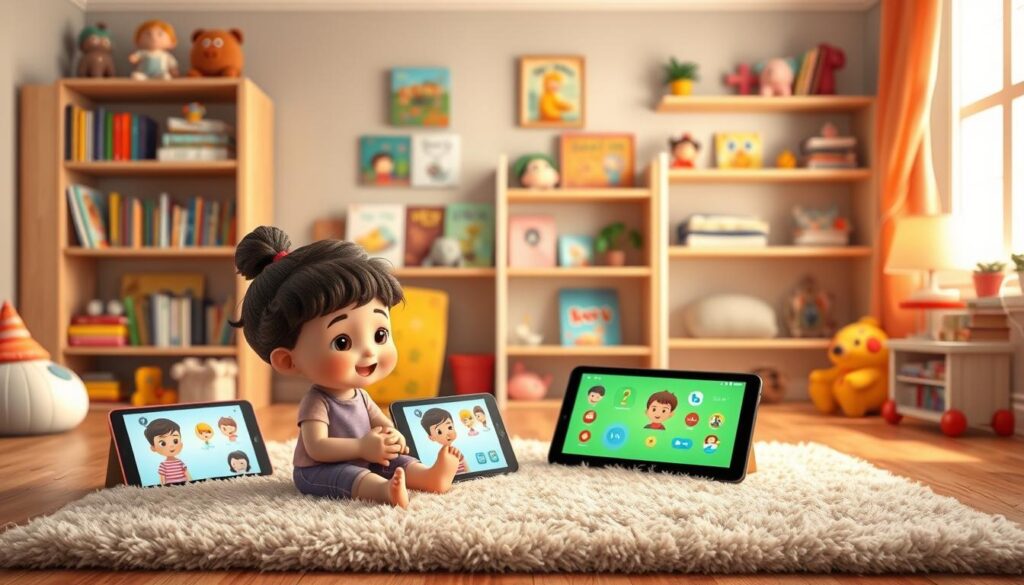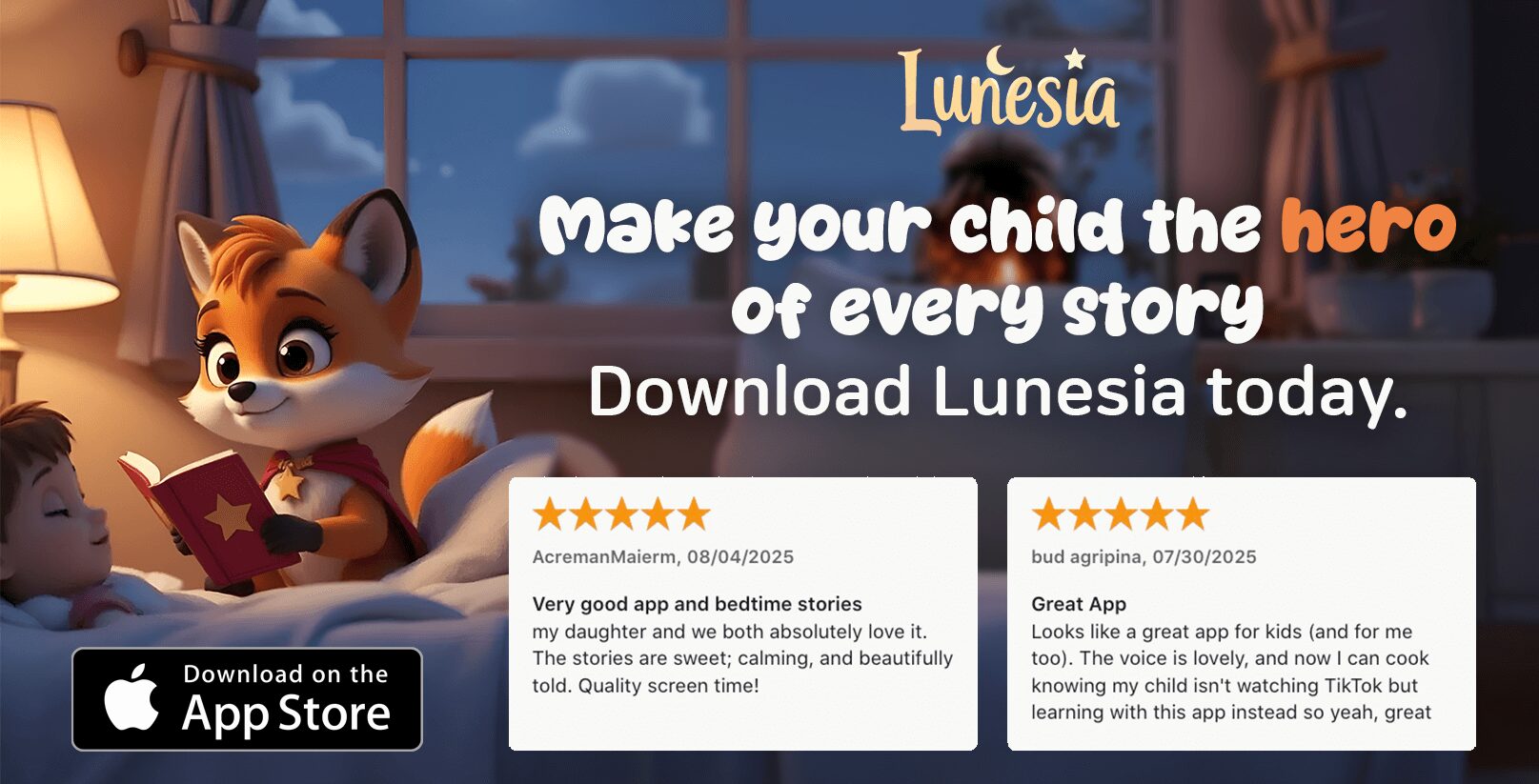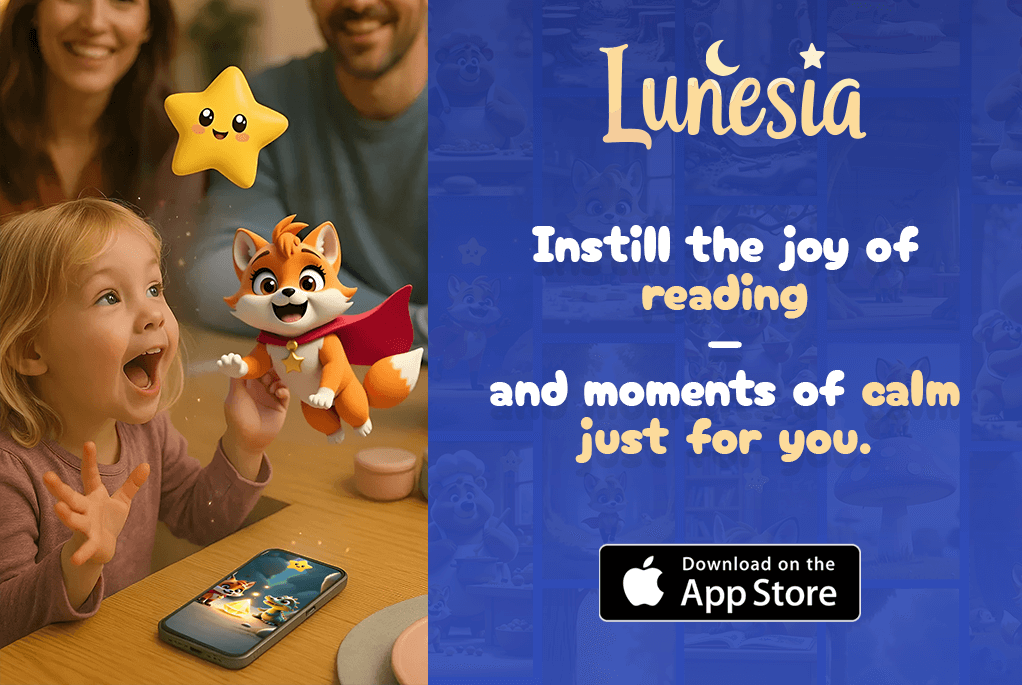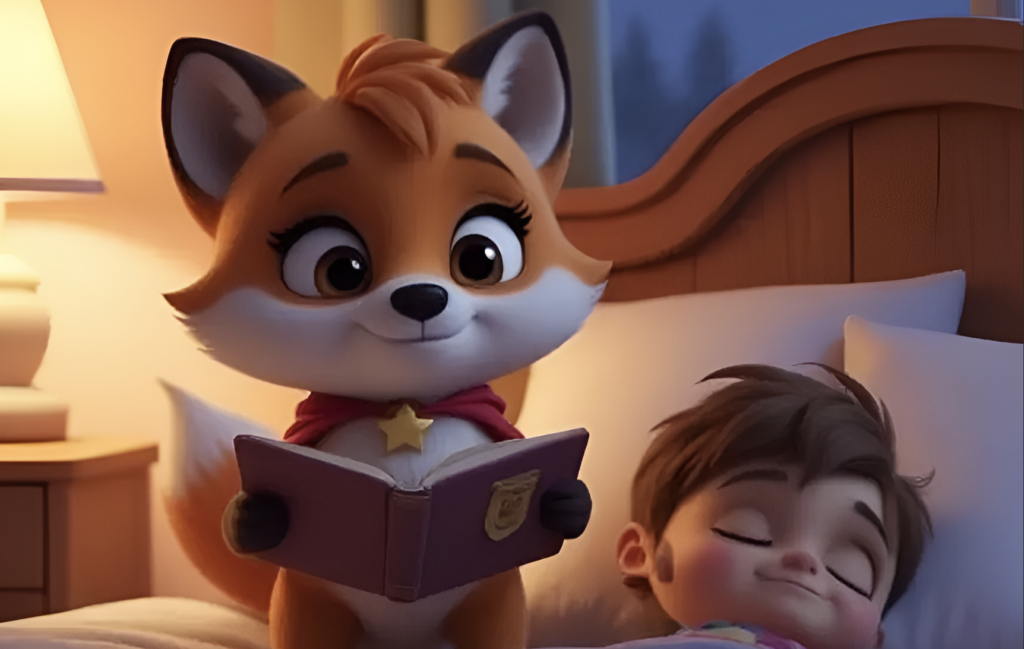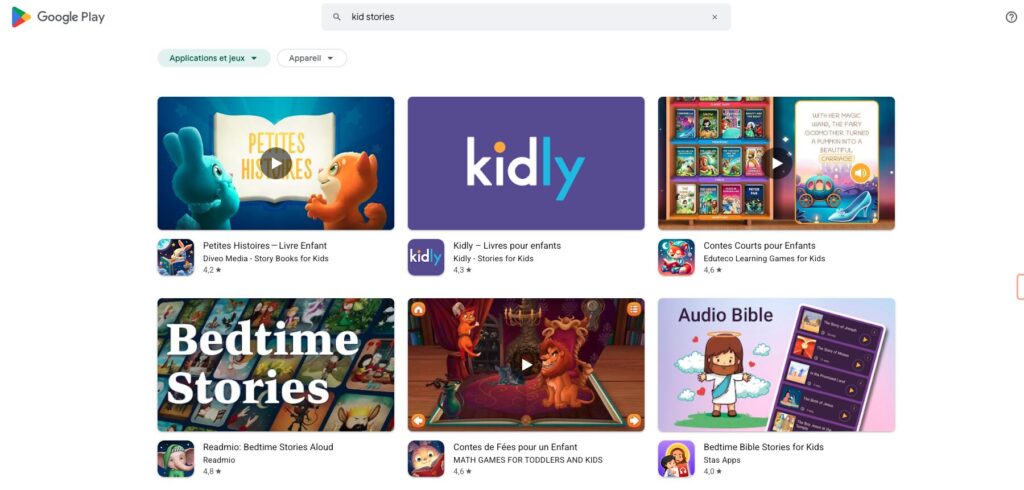As a parent, navigating the numerous educational apps for children can be overwhelming, especially when it comes to teaching emotional intelligence. I’ll be comparing Lunesia and Daniel Tiger’s Grr-ific Feelings to help you decide which one suits your child’s needs.
Both apps utilize storytelling to help children understand and manage their feelings, but they differ in their approaches. As someone who understands the importance of developing essential skills in a child’s development, I’m excited to break down each app’s educational philosophy, features, and user experience.
By examining these aspects, you’ll be able to make an informed decision about which app can complement your parenting approach and become a valuable tool in your child’s emotional development journey, focusing on building crucial skills and understanding their feelings.
Understanding Emotional Learning Apps for Children
In today’s digital age, emotional learning apps offer a unique opportunity to help children learn important social and emotional skills. As a parent, you’re likely looking for effective ways to support your child’s emotional development. Emotional learning apps can be a valuable resource in this journey, providing interactive experiences that teach children essential life lessons.
These apps are designed to empower parents and caregivers with confidence in their ability to learn important social and emotional skills. By leveraging digital tools, parents can provide their children with a solid foundation for healthy relationships and academic success.
The Importance of Emotional Intelligence in Early Development
Emotional intelligence is crucial for a child’s development, forming the foundation for healthy relationships and academic success. Research shows that it’s just as important as cognitive intelligence. During the early years (ages 2-5), children learn to identify, express, and manage their feelings. You can support this development by using apps that teach emotional vocabulary and regulation skills.
How Story-Based Apps Support Social-Emotional Learning
Story-based learning creates a safe space for children to explore complex emotions through relatable characters and situations. Apps like Lunesia offer interactive experiences that reinforce concepts through repetition, songs, and visual cues. By using these apps, you can open doors to discussions about feelings that might otherwise be difficult to initiate, supporting your child’s emotional growth and preparation for school life.
Lunesia: Overview and Key Features
Discover how Lunesia revolutionizes emotional learning for kids through its innovative app features. Lunesia is an emotional learning app designed for young children, offering a unique approach to developing emotional intelligence.
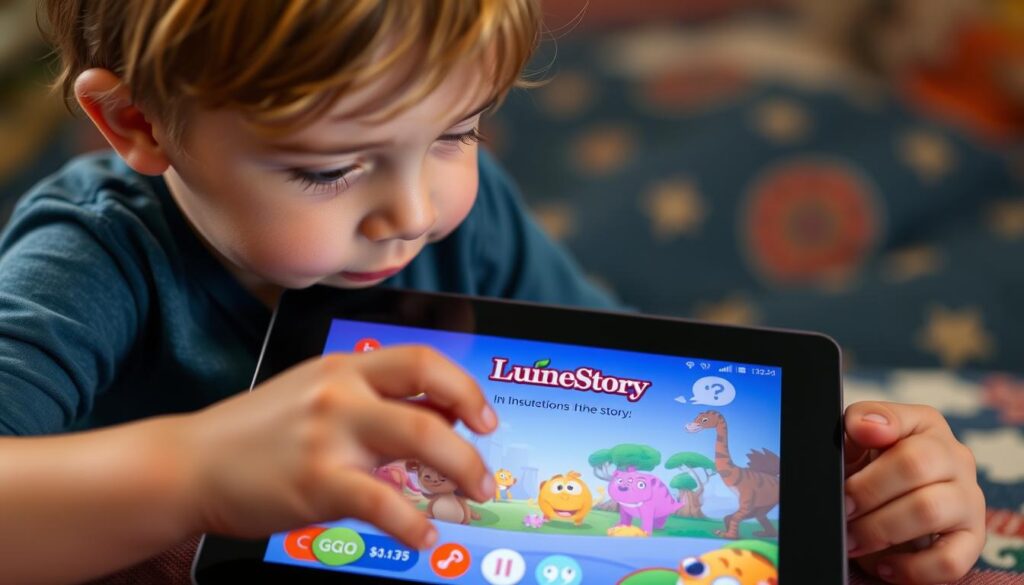
Core Educational Approach
Lunesia’s core educational philosophy focuses on helping children identify and manage their emotions. The app uses immersive storytelling that adapts to a child’s responses, creating a personalized emotional learning journey. This approach enables kids to develop healthy coping strategies for real-life situations.
Interactive Elements and User Experience
The app features interactive elements such as animated stories with decision points, emotion-identification games, and calming activities. The user interface is designed for young users, with intuitive navigation that encourages independent exploration and parent participation. This design helps children engage with the app’s content effectively.
Age Appropriateness and Content
Lunesia’s content is curated for different age ranges, offering simpler stories for younger users (2-3 years) and more complex scenarios for older children (4-5 years). The app integrates mindfulness and self-regulation techniques, helping children practice these skills both in-app and in daily life.
Daniel Tiger’s Grr-ific Feelings: Overview and Key Features
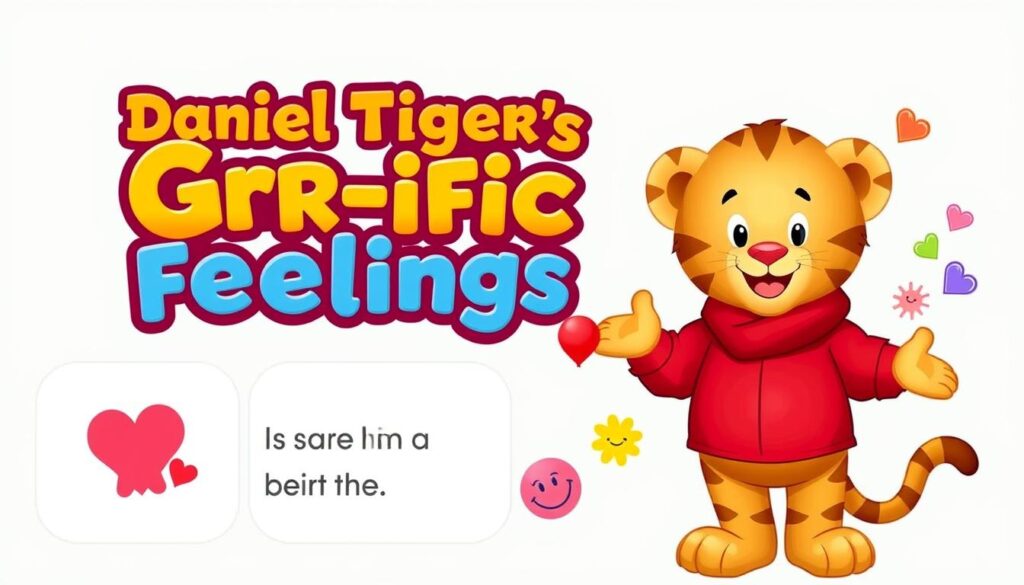
Daniel Tiger’s Grr-ific Feelings app is designed to help children manage their emotions through interactive games and songs. This app is part of the Daniel Tiger’s Neighborhood series, which is known for its engaging and educational content.
PBS Kids Educational Philosophy
The Daniel Tiger’s Grr-ific Feelings app is rooted in the PBS Kids educational philosophy, which emphasizes the importance of social-emotional learning. PBS Kids has a long history of creating content that is both entertaining and educational, and this app is no exception.
Songs, Games, and Interactive Activities
The app features a variety of interactive elements, including catchy songs that teach children how to manage different emotions. For example, the song “When you feel so mad that you want to roar, take a deep breath and count to four” helps children learn a valuable strategy for managing anger.
Fred Rogers’ Legacy in Digital Format
The Daniel Tiger’s Grr-ific Feelings app continues the legacy of Fred Rogers, who was a pioneer in children’s educational television. The app’s focus on social-emotional learning and its use of familiar characters from Daniel Tiger’s Neighborhood make it a valuable resource for parents and caregivers.
By combining interactive games, songs, and parent resources, the Daniel Tiger’s Grr-ific Feelings app provides a comprehensive approach to emotional learning. The app’s content is designed to be engaging and accessible for young children, while also providing valuable tools and strategies for parents and caregivers.
Lunesia vs Daniel Tiger App: Direct Comparison
When it comes to choosing the right emotional learning app for your child, understanding the differences between Lunesia and Daniel Tiger’s Grr-ific Feelings is crucial. Both apps have unique strengths and approaches to helping children navigate their emotions.
User Interface and Ease of Navigation
Lunesia offers a more open-ended exploration environment, requiring slightly more independence and discovery from the child. In contrast, Daniel Tiger’s app provides a structured, guided experience with a familiar character-based menu system, making it immediately accessible to young users. For instance, a study on overcoming doctor anxiety in highlights the importance of intuitive app design.
Emotional Learning Curriculum
Lunesia’s curriculum takes a broader approach to the full spectrum of emotions, adapting to individual emotional needs. Daniel Tiger’s curriculum, however, focuses on specific emotional scenarios with clear strategies, directly tied to episodes from the PBS Kids television show, creating a multi-platform learning experience.
Parental Controls and Involvement
Lunesia offers more customization options for content filtering, while Daniel Tiger provides a standardized experience with explicit parent resources and conversation starters. Both apps encourage parental involvement, but in different ways.
| Feature | Lunesia | Daniel Tiger’s Grr-ific Feelings |
|---|---|---|
| User Interface | Open-ended exploration | Structured, guided experience |
| Emotional Learning | Broader approach to emotions | Specific emotional scenarios |
| Parental Controls | Customizable content filtering | Standardized experience with parent resources |
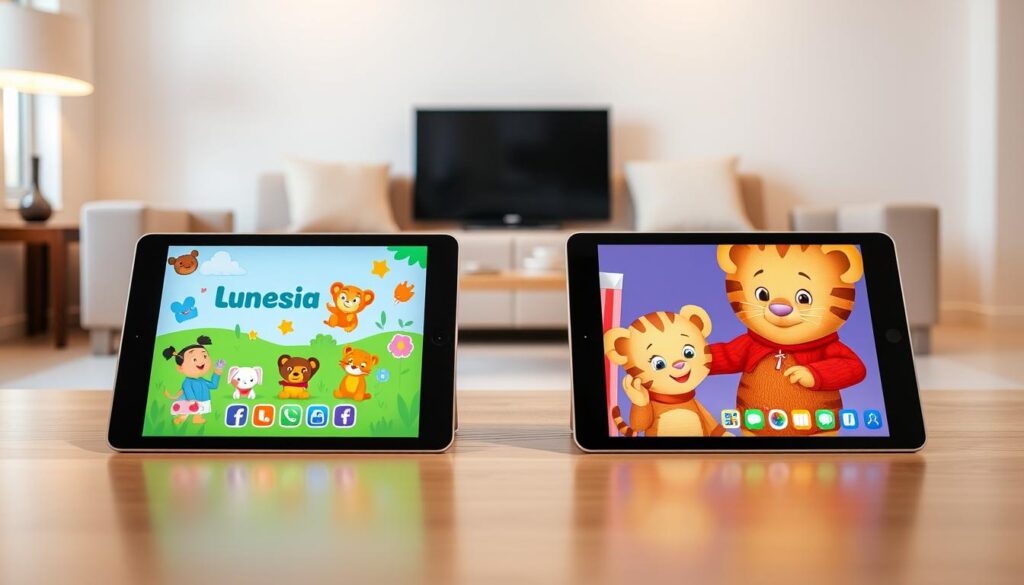
Parent and Child Experience
As a parent, understanding how your child engages with apps like Lunesia and Daniel Tiger’s Neighborhood is essential. Both apps are designed to support emotional learning, but they approach it in different ways.
How Children Engage with Each App
Children typically engage with Lunesia through a more exploratory, self-directed experience. In contrast, Daniel Tiger’s app often connects with children emotionally through familiar characters and catchy songs. For instance, younger children (2-3) may find Daniel Tiger’s structured approach more accessible, while older children (4-5) might appreciate Lunesia’s nuanced exploration of emotions.
Parent Resources and Support
Both apps offer valuable resources for parents. Lunesia provides in-app guidance on the developmental science behind emotional learning, helping adults understand why certain approaches are effective. Daniel Tiger’s app, on the other hand, offers extensive parent resources, including conversation starters and extension activities that help transfer digital learning to real-world situations. For example, the Daniel Tiger for Parents app features over two dozen popular songs and over 90 conversation starters, making it easier for parents to support their child’s emotional development.
| App Features | Lunesia | Daniel Tiger’s Neighborhood |
|---|---|---|
| Engagement Style | Exploratory, self-directed | Character-driven, song-based |
| Parent Resources | In-app guidance on emotional learning | Conversation starters, extension activities |
Price, Platform Availability, and Technical Considerations
Parents need to weigh several factors, including cost, device compatibility, and data privacy, when deciding between Lunesia and Daniel Tiger’s Grr-ific Feelings.
Subscription Models and Pricing
Lunesia operates on a subscription model with monthly and annual options, offering regular updates and new features. In contrast, Daniel Tiger’s Grr-ific Feelings is available as a one-time purchase with optional in-app purchases.
Device Compatibility
Daniel Tiger’s Grr-ific Feelings is widely available across iOS, Android, and Amazon platforms. Lunesia’s availability may be more limited, so it’s essential to check compatibility with your devices. For more information on Lunesia’s privacy policy, you can visit https://lunesia.app/privacy-policy/.
Privacy and Data Security
PBS Kids has a well-established privacy policy for their content, emphasizing a safe environment for children. Parents should review each app’s data collection practices, particularly regarding usage patterns and personal information storage.
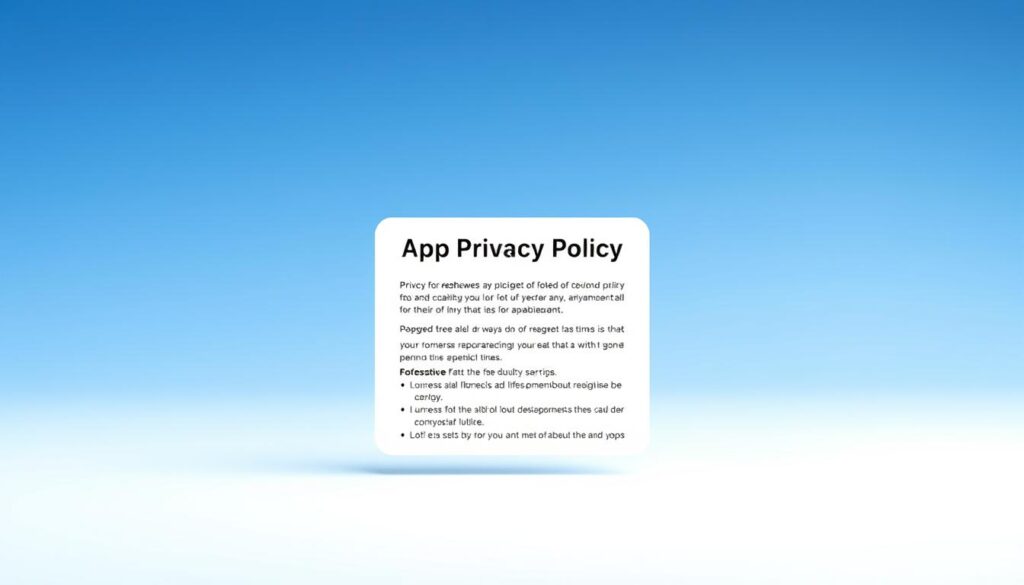
Conclusion: Which App Is Right for Your Child?
The decision between Lunesia and Daniel Tiger’s Grr-ific Feelings depends on your child’s unique needs and your parenting style. Children who thrive on structure may prefer Daniel Tiger’s Grr-ific Feelings, while those who enjoy exploration might enjoy Lunesia more.
Consider your family’s media habits and your child’s age when deciding. For younger children (2-3), Daniel Tiger’s straightforward approach might be more suitable, while older preschoolers (4-5) might benefit from Lunesia’s nuanced emotional exploration. Your engagement with your child during and after app use will significantly enhance its educational value. Ultimately, investing in your child’s emotional intelligence now will pay dividends throughout their school years and beyond.
FAQ
What is the main goal of emotional learning apps like Daniel Tiger’s Grr-ific Feelings?
The primary objective is to help children develop essential social-emotional skills, such as self-awareness, empathy, and self-regulation, to navigate various life situations effectively.
How do story-based apps support children’s emotional intelligence?
Story-based apps use engaging narratives, relatable characters, and interactive elements to teach children important life lessons, making complex emotions more accessible and easier to understand.
What is the significance of parental involvement in emotional learning apps?
Parental involvement is crucial as it allows parents to guide their children, reinforce learned concepts, and monitor progress, ultimately enhancing the overall learning experience.
How do I know if an emotional learning app is suitable for my child’s age?
Check the app’s age recommendations, content, and reviews to ensure it aligns with your child’s developmental stage and needs.
What features should I look for in an emotional learning app to ensure data privacy and security?
Look for apps that comply with relevant data protection regulations, have transparent privacy policies, and offer robust parental controls to safeguard your child’s personal data.
Can emotional learning apps replace traditional teaching methods?
While emotional learning apps are valuable tools, they should complement traditional teaching methods, not replace them, to provide a well-rounded learning experience.
How can I assess the effectiveness of an emotional learning app for my child?
Monitor your child’s progress, engage with them about the app’s content, and observe changes in their behavior and emotional intelligence to gauge the app’s effectiveness.
